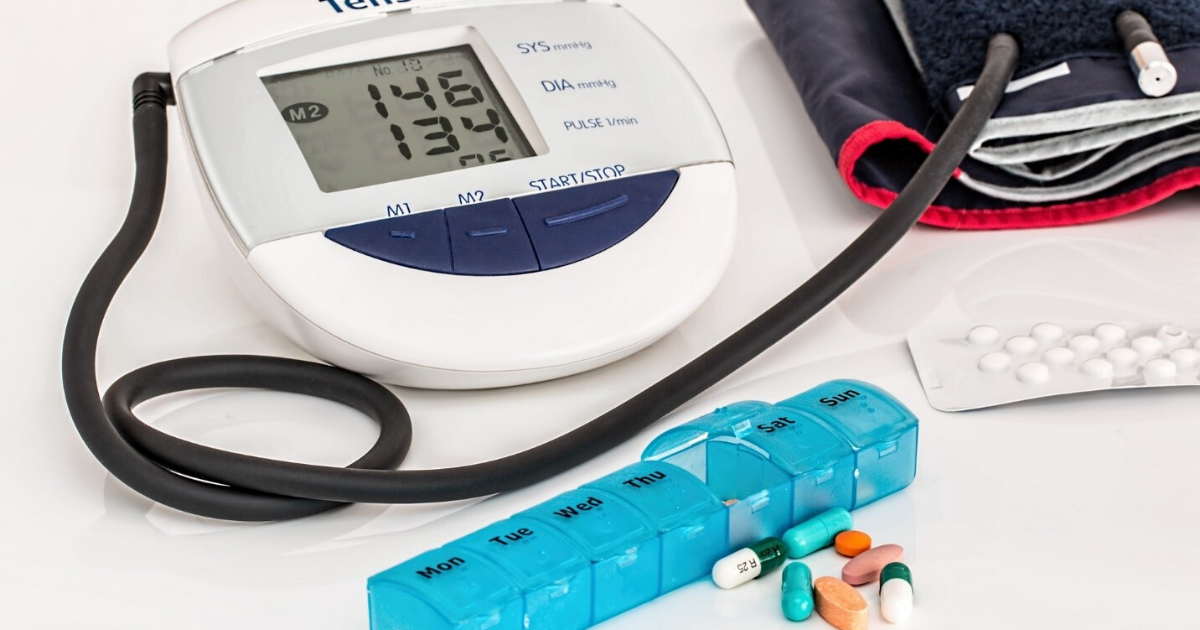Advertisements

Cholesterol is the soft, waxy substance found in the body cells. It supports the production of several vital functions of the body, including those that involve vitamin D and hormones. The liver makes about 75% of the cholesterol, while the rest is derived from the food we eat. There are two types of cholesterol, namely high-density and low-density lipoprotein. HDL refers to the cholesterol that aids in keeping fats away from the arteries. Low-density lipoprotein, on the other side, refers to the type of cholesterol that builds up in the arteries. It can form plaque that can clot arteries and narrow arteries and veins. When it makes way to the heart, LDL can cause stroke and heart attack. The American Heart Association recommends that cholesterol levels be balanced at about 150 mm. Old, unfound science claimed that the level of cholesterol was not the measure of the risk of heart disease. Your levels of triglycerides must be taken to account whenever your cholesterol levels are measured. Physicians and cardiologists are so far focusing on the reduction of LDL cholesterol. However, in the future, their focus might shift to reducing remnant cholesterol and triglycerides.
Does What Shall Kill You Matter?

There are so many ways to die. Nevertheless, does the way you will die matter? When you die, you are dead, so it seems silly to focus on lowering the risk of death instead of focusing on what raises that risk. Cholesterol is crucial to your health. Your heart, cell signaling pathways, disease risk, and hormones will probably suffer when your cholesterol levels drop beyond the recommended level. Recent research has shown that too low LDL could increase your chances of getting a stroke. Though there lacks adequate evidence for dietary cholesterol limit in nutritional guidelines, cholesterol remains an essential consideration for a healthy eating style. Most dietary guidelines state that people should keep their cholesterol consumption as low as possible.
The Best Risk Factor Measures

Death from anything causes mortality. However, there is evidence of factors that increases the risk of heart disease. Inflammation at the bottom of the heart is the leading cause of heart diseases, not high cholesterol, as most people believe. Research has shown that regardless of age, someone with high cholesterol can live as long as that one with low cholesterol levels. Adults with high levels of cholesterol have a higher chance of living than those with low cholesterol levels.
Can High Levels of Cholesterol Protect Your Heart?

against cancer. Not so long ago, low cholesterol levels were linked to cancer, but that excluded cases for people who were under medication. That left the question open as to whether it is drug treatment or low cholesterol level that caused cancer. Violence in Psychiatric patients and low cholesterol are also linked to low levels of cholesterol. Patients with a history of restraints and in a long-term psychiatric hospital are associated with violent behavior and lower cholesterol levels. However, lower cholesterol levels should never be used to predict violent behaviors. The association between suicide and low cholesterol levels dates back more than a decade ago. Studies have found that people with low cholesterol levels are six more likely to commit suicide than those with high cholesterol levels.
Statins

Statin is a medication generally prescribed to people with LDL cholesterol. It has shown to reduce the risk of death, stroke, and heart attack. Statin is often recommended for people aged between 40 to 75 years, as well as those with cardiovascular disease. It may also be prescribed to someone with at least one risk factor, which may include smoking, diabetes, high cholesterol, and high blood pressure. Statin may also benefit high-risk individuals who are over 75 years old. Statin is an assurance that you are doing all you can to reduce the risk of stroke and heart disease
Advertisements
Advertisements
